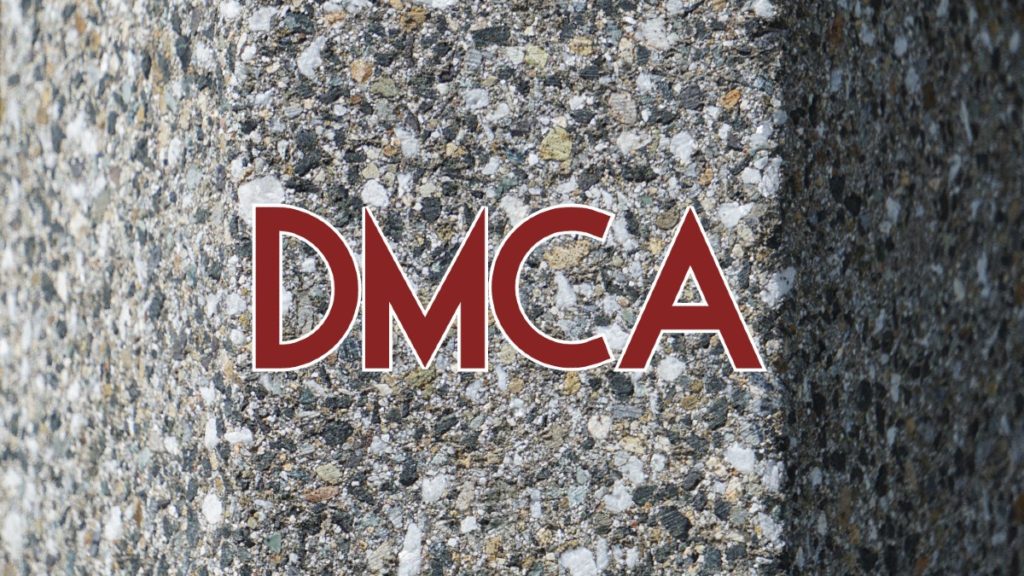
Esports aren’t only about 21st century video games. Apparently there is a relatively robust community of Tecmo Bowl enthusiasts who – though the game is three decades old – gets together to compete in tournaments. A couple of members of that community got into it with one another online, and the spat spawned some fierce litigation. That scuffle raised the question of whether accusing someone of sending a bogus DMCA takedown notice is defamatory.
The online scuffle
Plaintiff was upset about posts defendant made in the forum of a Tecmo Bowl tournament website. One of plaintiff’s claims was that defendant had wrongfully accused plaintiff of sending bogus DMCA takedown notices to Facebook concerning a page related to a previous Tecmo Bowl tournament.
Claims of bogus DMCA takedown notices defamatory?
So plaintiff sued defendant in Texas state court for defamation, and lost. He believed that he had established a defamation claim, since defendant had – in plaintiff’s view – accused plaintiff of violating the law by abusing the DMCA process. So plaintiff sought review with the Court of Appeals of Texas. But that higher court agreed with the lower court. It was proper to dismiss the defamation case.
The court evaluated whether an objectively reasonable reader of the forum posts would draw the implication that plaintiff had committed a crime. Specifically, plaintiff had asserted that defendant accused plaintiff of committing perjury, since DMCA takedown notices have to be sworn to. See 17 U.S.C. §512(c)(3)(A)(vi).
But the court did not agree with plaintiff’s theory. It found “that the general public, or more accurately the reasonable reader, is not likely aware of what a “DMCA claim” [is] or what the acronym DMCA even means.” So in this court’s view, and on these facts, accusing someone of sending a DMCA takedown notice that was bogus was not defamatory.
Hawkins v. Knobbe, 2020 WL 7693111 (Ct. App. Texas) December 28, 2020
See also:
- YouTube creator’s misrepresentation case over DMCA takedown notices lacked certain key evidence
- Does a plaintiff claiming unlawful removal of copyright management information have to own a registered copyright?
- Microsoft letter to GitHub over DRM-free music software is not the first copyright-ironic action against an intermediary
Need help with an online issue? Let’s talk.
About the author:
Evan Brown is an intellectual property and technology attorney in Chicago. This post originally appeared on evan.law.
